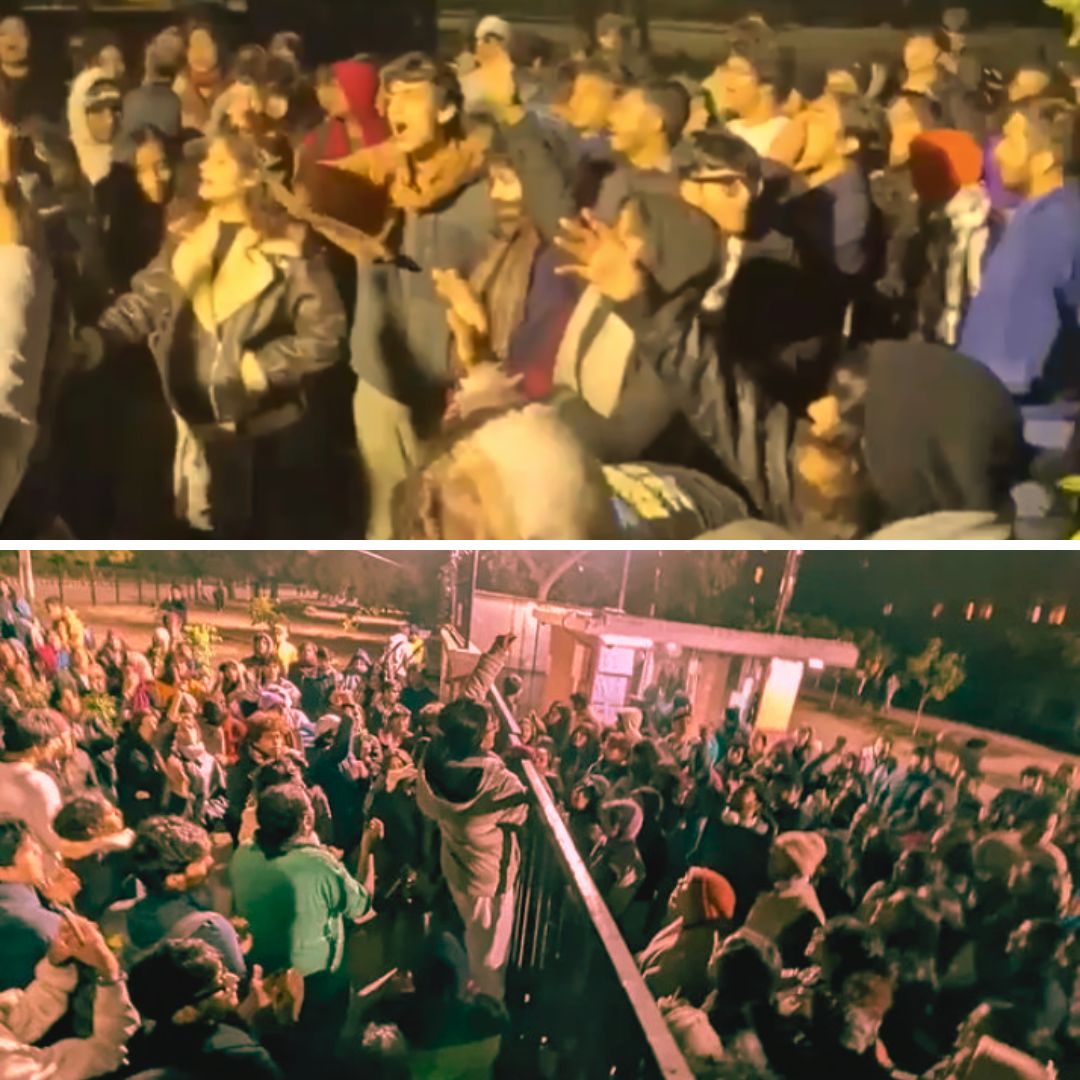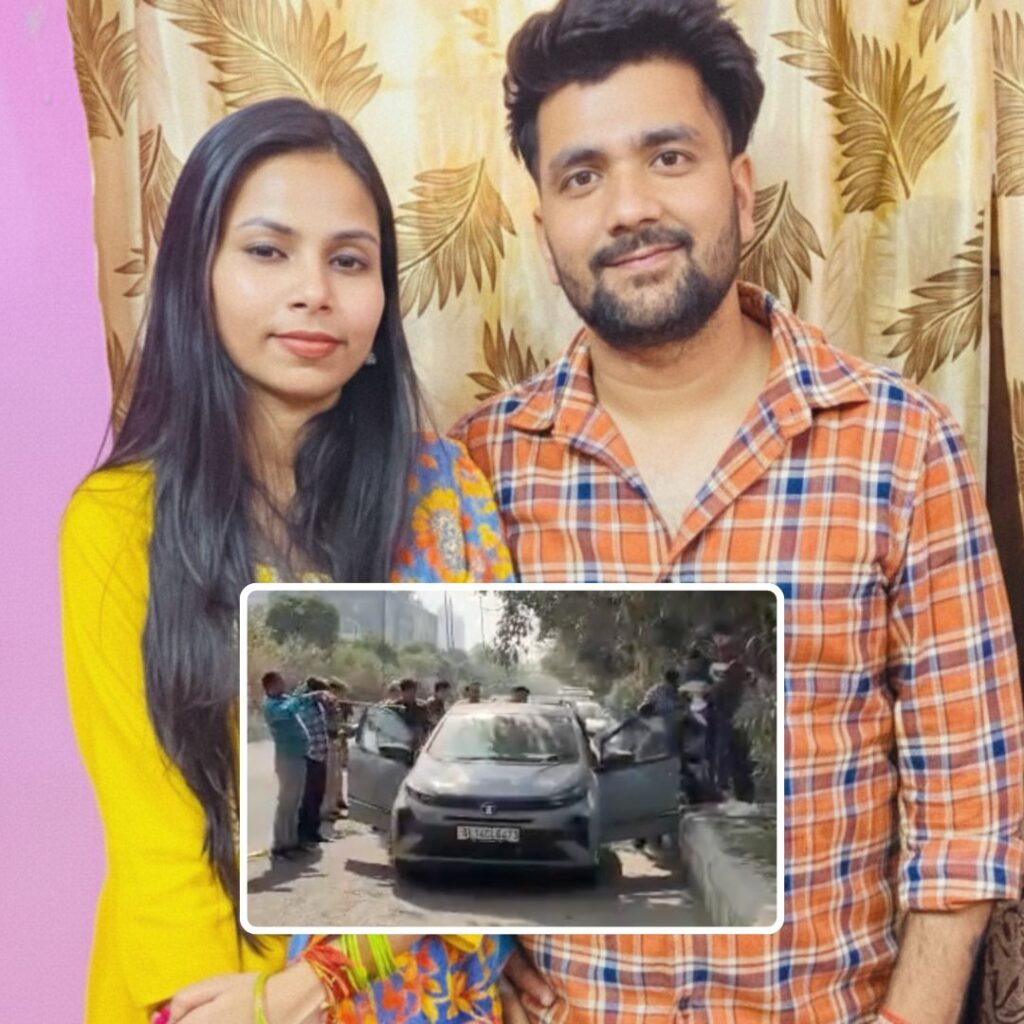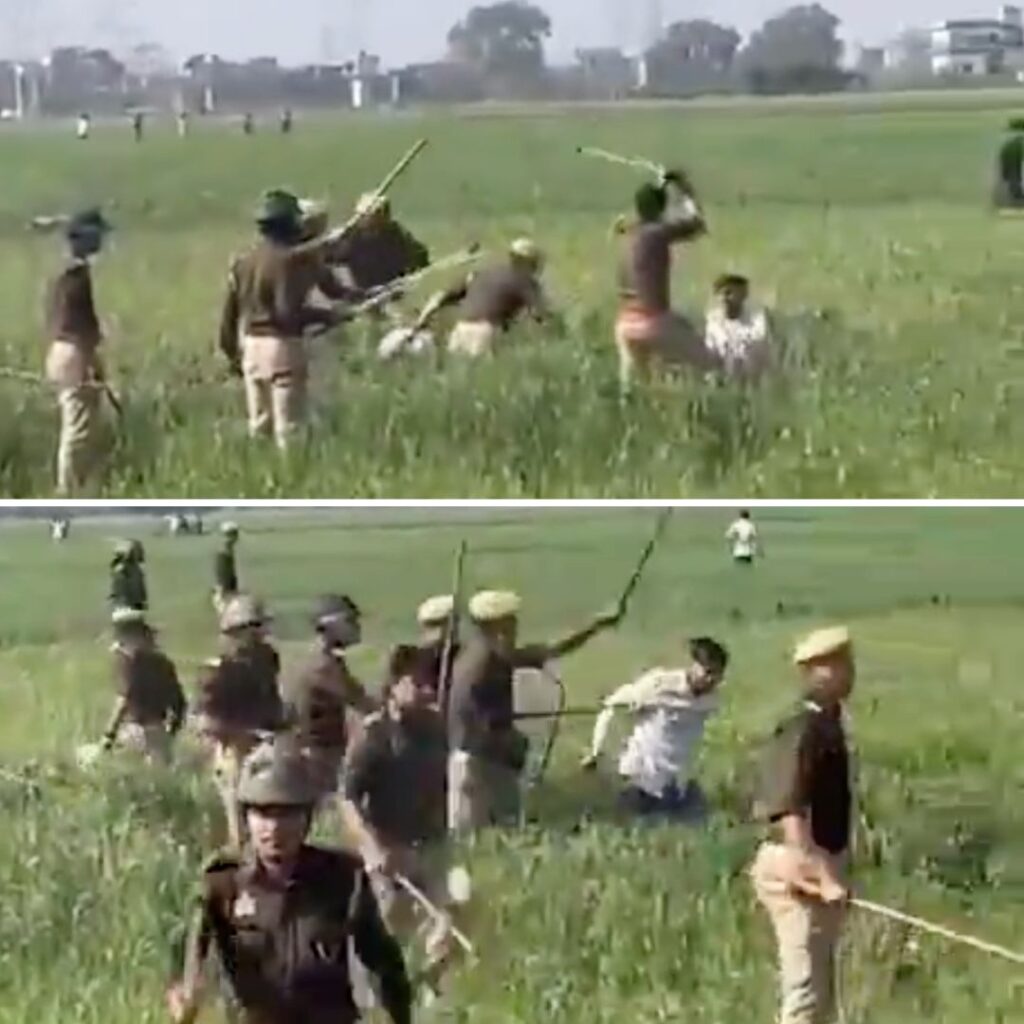Students at Ashoka University in Sonipat, Haryana, have been protesting for several consecutive days against new security measures implemented on January 17, 2025. These measures include mandatory baggage scans, metal detector checks, vehicle inspections, and a ban on carrying cigarettes and alcohol on campus.
The Ashoka University Student Government (AUSG) and other student groups allege that these protocols were introduced without prior consultation and violate privacy and personal freedoms. While the administration claims these measures are essential for student safety, protests continue to escalate, with over 200 students participating and demands for a rollback intensifying.

Students Criticise “Invasive” Measures
The protests have gained significant momentum, with students expressing concerns over what they describe as invasive searches of personal belongings. Reports indicate that incoming vehicles faced thorough inspections, including checks of glove compartments and under-seat spaces. Students have voiced that even family members and taxi drivers were subjected to baggage scanning on move-in days. Additionally, there are reports of mandatory pocket checks for students entering campus.
Slogans such as “Jawab do, DSA jawab do” (Answer us, DSA answer us) have echoed across the campus as students demand accountability from the administration. Insha Husain, President of the United Students Front (USF), assured protestors of the movement’s non-violent stance and condemned the administration’s alleged attempts to suppress demonstrations by wetting protest areas. Students argue that these measures treat them like “products” rather than individuals with rights.
Official Statement from Ashoka University
“The recent measures of screening baggage and belongings at Ashoka University Campus are aimed at enhancing the safety and welfare of our students. These measures have been implemented in consultation with Faculty & Staff representatives and keeping the Student Government & Campus Ministry involved. All students returning from their winter break moved into the campus last weekend undergoing the baggage scanning without a hitch. Since Monday classes have resumed, and other campus activities are happening as usual. We are constantly engaging with the Student Government for their inputs on how to improve safety of the students. The University is taking all necessary steps in this matter, keeping in view the overall safety and well-being of the students, which is paramount to us.”
Administration’s Response
In a statement released on January 24, 2025, Ashoka University addressed the ongoing protests, stating that the new security measures are “aimed at enhancing the safety and welfare of our students.” The university emphasized that these protocols were implemented in consultation with faculty and staff representatives, including involvement from the Student Government and Campus Ministry.
The statement also noted that students returning from their winter break underwent baggage scanning without issues and that classes and other campus activities have resumed as usual. The administration reaffirmed its commitment to engaging with the Student Government to improve student safety.
Recent Developments
As of January 24, 2025, protests continue to gain momentum. On January 22, students gathered once again in the Atrium during lunch hour as part of their ongoing demonstrations. The administration reiterated its position that the measures are intended to enhance student safety while emphasizing ongoing dialogue with the Student Government for their input.
The situation remains dynamic, with students steadfast in their stance against what they perceive as arbitrary surveillance and infringement on personal freedoms. Allegations have surfaced regarding suppression tactics used by the administration during protests, including wetting protest areas and deploying additional security guards to manage gatherings. The administration’s commitment to dialogue and student safety continues to be a focal point in addressing the concerns raised by the student body.
The Logical Indian’s Perspective
At The Logical Indian, we believe that universities must strike a delicate balance between ensuring safety and respecting individual freedoms. While security is essential in today’s world, it’s equally important to safeguard students’ privacy and their sense of autonomy. The ongoing protests at Ashoka University bring to light the need for open dialogue between students and administrators to address these critical issues.
We urge both parties to engage in constructive conversations that pave the way for a peaceful resolution. How can universities better balance safety with personal freedoms? We’d love to hear your thoughts!
This is Ashoka Uni RIGHT NOW!
— Anjali (@anjali__27) January 23, 2025
Hundreds of students erupts against the Surveillance Raj at Ashoka uni which has emerged as the Citadel of neoliberal & private-corporate model of education!
In Solidarity with the students of @AshokaUniv protesting against the policed space!✊🏾 pic.twitter.com/rewvqRDLbo











